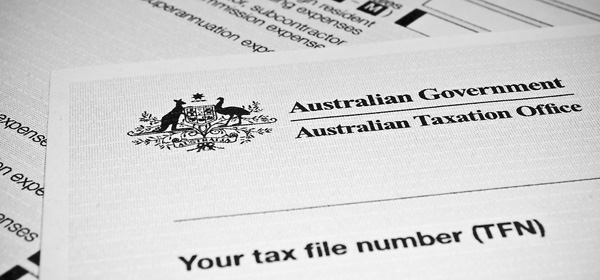The Australian Taxation Office (ATO) is the cornerstone of our nation’s revenue system, ensuring that taxes are collected fairly and efficiently to fund public services. However, recent developments have raised concerns, particularly those over 50 who are planning for retirement or already living on fixed incomes.
The ATO is reportedly ‘ramping up’ its debt collection efforts, leaving many taxpayers feeling vulnerable and, in some cases, pushed to the brink of financial hardship.

‘Horror stories’ reportedly arose over the ATO’s approach to debt collection. Image Source: Pexels / RDNE Stock project
Accountant Will Buckley took to social media to talk about the ATO’s intensified approach to debt collection. He also shared that he has witnessed ‘horror stories’ involving Australians receiving automated messages from the ATO over the festive season, demanding payment for years-old debts.
‘The past couple of months, we’ve just seen more and more stories of clients coming forward with these types of challenges,’ said the buckleybrown accountant.
This marks a stark contrast to the more lenient stance the ATO adopted during the pandemic, suggesting a significant policy shift.
One particular case the accountancy firm reportedly dealt with involved a single mother, studying full-time and working casually, who found her life upended when the ATO reportedly garnished her 2024 tax refund to settle a 13-year-old debt without prior notice, ‘put[ting] her in a pretty difficult situation.’
The ATO’s new strategy targets Australians with outstanding debts, likely contacting them via email or text message. This comes after it was revealed last year that the tax office is chasing over $50 billion in unpaid debt, with small businesses accounting for more than half of this amount.
As of June 30, the total collectable debt stood at a staggering $52.9 billion, a significant jump from the $26.4 billion at the end of December 2019. According to Will, the increase in collectable debt is partly attributed to the various stimulus measures and financial support provided during the COVID-19 pandemic.
With government deficits looming, the ATO is now keen to start recouping these outstanding debts. While Buckley acknowledges the need for a fair system that rewards compliant taxpayers, he urges the ATO to exercise empathy to avoid ‘pushing people into financial hardship.’
‘To keep the system fair, you can appreciate that for the system to reward those people who maintain their levels of compliance and do the right thing, you do want to make sure that you collect enough on people that aren’t able to meet those obligations,’ he said.
‘But there’s a human and empathy side to it, where you don’t want to be pushing people into financial hardship, and it seems like sometimes that balance does get missed.’
While the ATO has admitted that pursuing debt collection during a cost-of-living crisis is not ideal, they insist that outstanding payments must still be addressed.
‘…the ATO has an important job to do in ensuring businesses of all sizes are meeting their tax and super obligations, protecting employees and other creditors, and supporting those who are doing the right thing by lodging and paying on time,’ an ATO spokesperson told Yahoo Finance.

A tax agent consultation can help you manage your ATO-related concerns. Image Source: Pexels / Andrea Piacquadio
If you’ve received a message from the ATO about an outstanding debt, it’s crucial to take action by consulting a tax agent who can help manage your affairs and negotiate with the ATO on your behalf.
There may also be options for financial hardship or a repayment plan, but these are not guaranteed.
For our readers, particularly those in their golden years, this situation underscores the importance of staying on top of tax obligations and seeking professional advice when needed. It’s also a reminder of the delicate balance between fiscal responsibility and the human impact of debt recovery.
We invite you to share your experiences and thoughts on this issue. Have you or someone you know been affected by the ATO’s debt collection efforts? Let’s talk about it in the comments section.
Also read: Stay compliant: The ATO’s latest effort to tackle fraudulent GST refund claims





